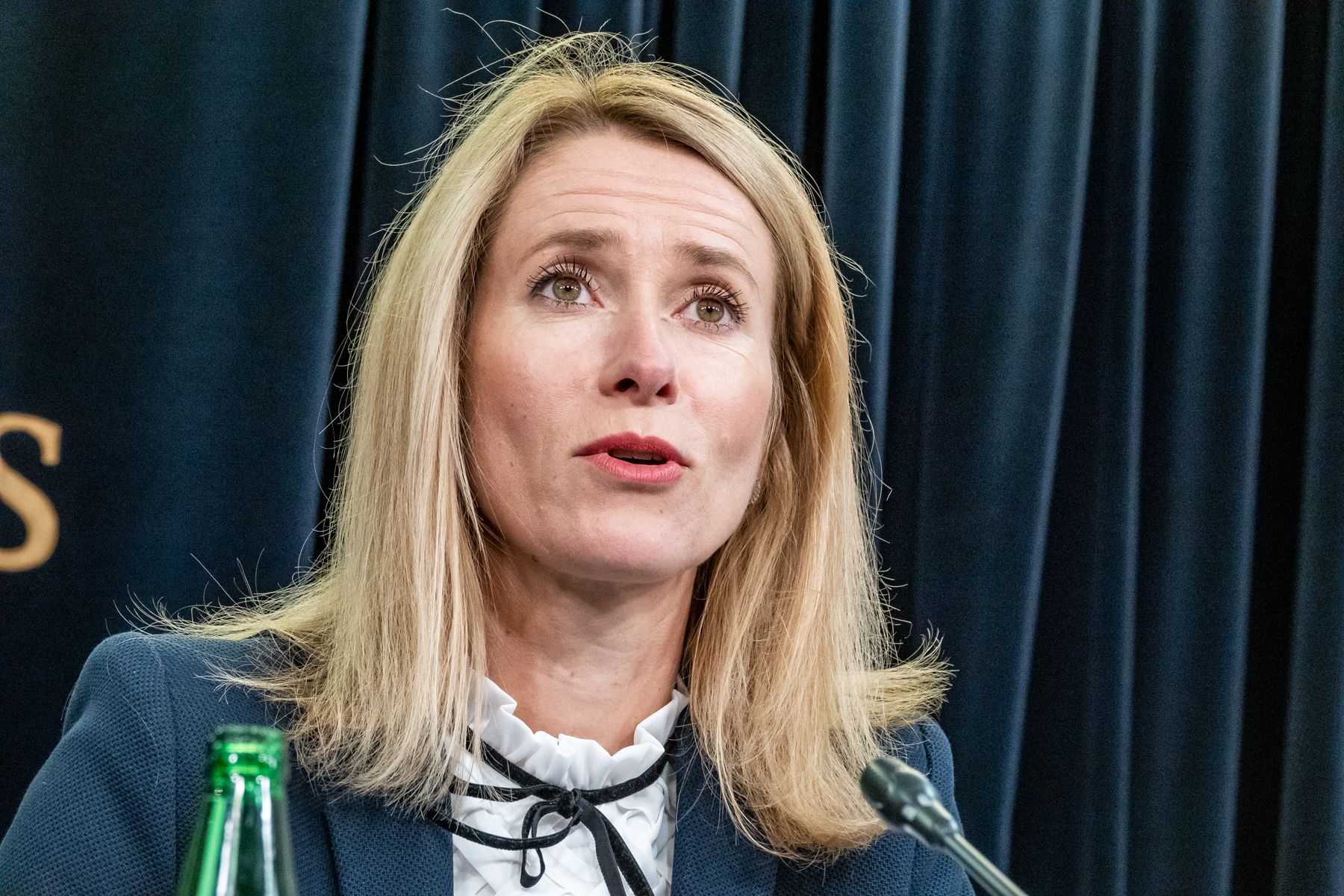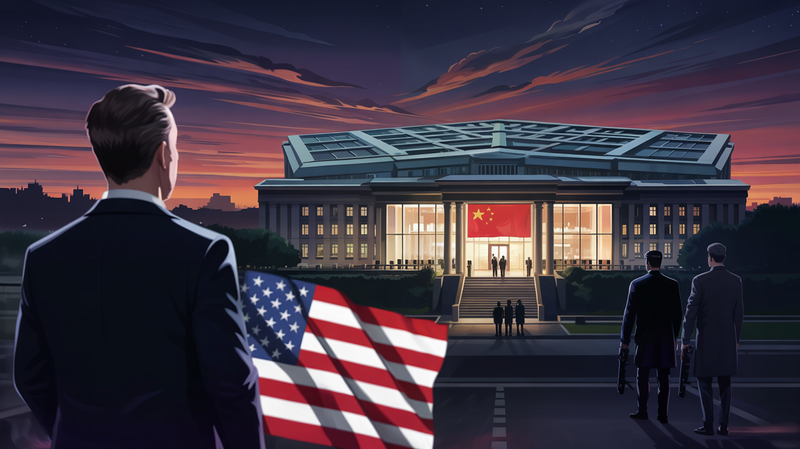The Controversy Surrounding Hungary's Ties with Russia: Hypocrisy or Diplomacy?
Hungarian Foreign Minister Péter Szijjártó found himself amidst a brewing storm as he responded to allegations and criticisms from the Estonian Prime Minister, Kaja Kallas. A recent meeting between Hungarian Prime Minister Viktor Orbán and Russian President Vladimir Putin caught the international community's attention, leading to uneasy questions

Hungarian Foreign Minister Péter Szijjártó found himself amidst a brewing storm as he responded to allegations and criticisms from the Estonian Prime Minister, Kaja Kallas. A recent meeting between Hungarian Prime Minister Viktor Orbán and Russian President Vladimir Putin caught the international community's attention, leading to uneasy questions and observations about Hungary's motives and alignments in the shifting landscape of European politics.
Kaja Kallas expressed her discomfort and astonishment at the Orbán-Putin rendezvous, denouncing it as lacking logic. The visual of the two leaders shaking hands was described as "very, very unpleasant" by the Estonian leader, who questioned the appropriateness of Orbán's actions, especially given Hungary's tumultuous history with Russia. Kallas was particularly referencing the 1956 Hungarian Revolution, which saw a brutal crackdown by Soviet troops.
In a twist of irony, Foreign Minister Szijjártó highlighted Kallas's own potential conflict of interest. He pointed out that Kallas's husband had reportedly been involved in a company that supplied raw materials worth 30 million euros to a Russian factory, even after the outbreak of war in Ukraine. Szijjártó labeled this as "hypocrisy in cube."
However, the recent events that unfolded in Paris were not only about personal allegations and historical references. Kallas's meeting with French President Emmanuel Macron stressed the importance of not overlooking Ukraine's situation amidst the current Israel-Hamas conflict and other geopolitical issues in areas like the Western Balkans and Nagorno-Karabakh.
Orbán's cordial exchange with Putin in China seemed to be part of Hungary's broader diplomatic strategy. Orbán's remarks during the meeting signaled a desire to rebuild bilateral relations with Russia, potentially challenging the EU's unified stance against Moscow. With Hungary's critical position on Sweden's NATO accession and Ukraine's roadmap for EU and NATO inclusion, the country's diplomatic choices seem to be at odds with the broader European consensus.
The situation is further complicated by the International Criminal Court (ICC) issuing an arrest warrant for Putin earlier this year, accusing him of war crimes.
Kalev Stoicescu, Chairman of the Riigikogu's National Defense Committee, went a step further by suggesting that Hungary might be playing the role of Russia's "Trojan horse" in the EU and NATO. According to Stoicescu, the friendship between Orban and Putin is more than just pragmatic, with Russia possibly seeing Hungary as a tool to influence European decisions.
The questions that arise from this geopolitical quagmire are manifold: Is Hungary diverging from the European path? Are personal interests overshadowing national agendas? And most crucially, in an era where global alliances are in flux, where does Hungary truly stand?
Only time will provide answers, but for now, the spotlight remains firmly on Hungary and its complex dance of diplomacy.




